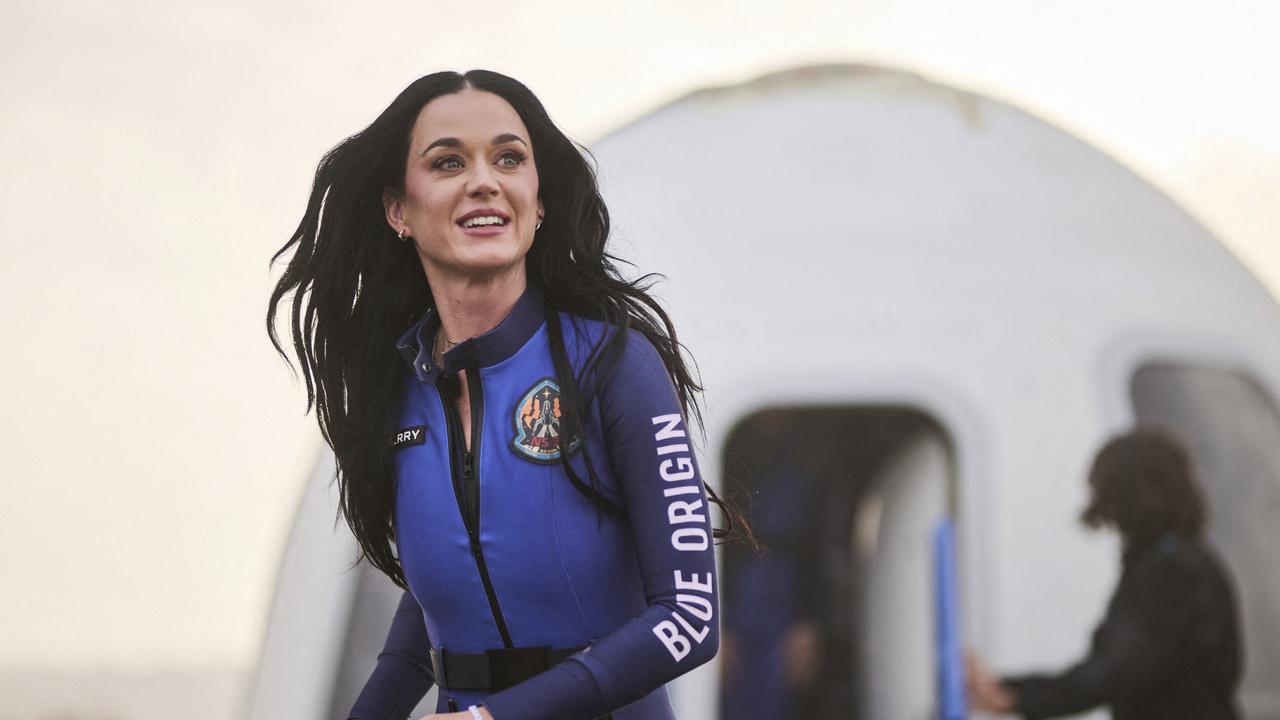Inside top jockey Dean Yendall’s painful fight back from horror fall and uncertain future
Jockey Dean Yendall knows how lucky he is not to be paralysed after a recent horror fall. But it’s easier said than done to find another job.
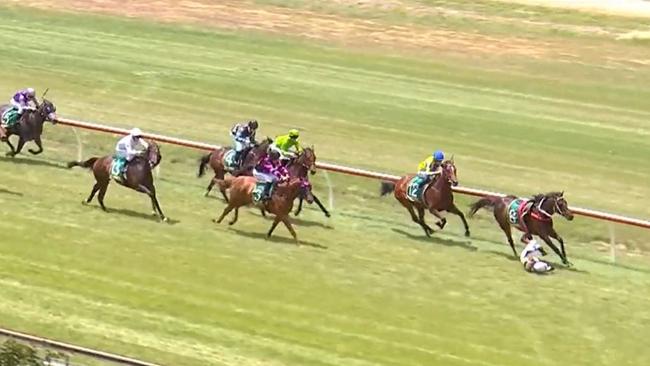
VWeekend
Don't miss out on the headlines from VWeekend. Followed categories will be added to My News.
Jockey Dean Yendall has had probably the roughest time of his life, but also knows just how lucky he is.
A six-time Group 1 winner who has ridden more than 2600 victories in his career, Yendall’s career came crashing back to earth, quite literally, late last year and his efforts to get back on the track have been both painful and difficult.
His story highlights the extreme danger jockeys face each time they mount up.
Yendall, 47, sustained a C3 neck fracture and ligament damage caused by whiplash in a nasty fall at Terang on December 20.
He was leading, and charging towards a win in the $25,000 Terang Co-Op Fillies and Mares Maiden Plate, when his $11 mount Saintly Rose went sideways unexpectedly 50m from the finish.
One of Melbourne’s go-to lightweights prior to his horrific fall, Yendall has ridden the full range of emotions while locked in a rigid neck brace for nine weeks. And he’s faced the prospect that maybe this is the end.
There’s been uncertainty, frustration, helplessness — oh, and desperation for distractions from television and social media after being effectively housebound for two months.
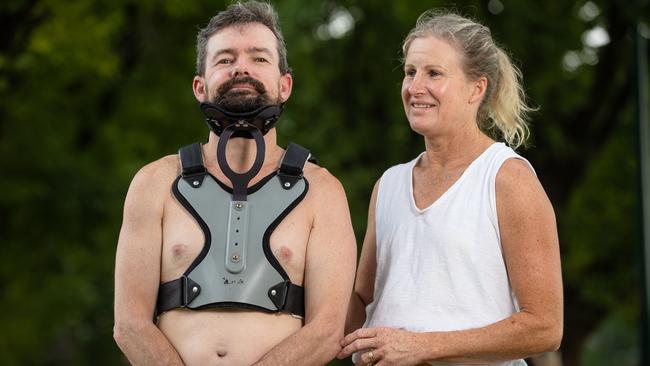
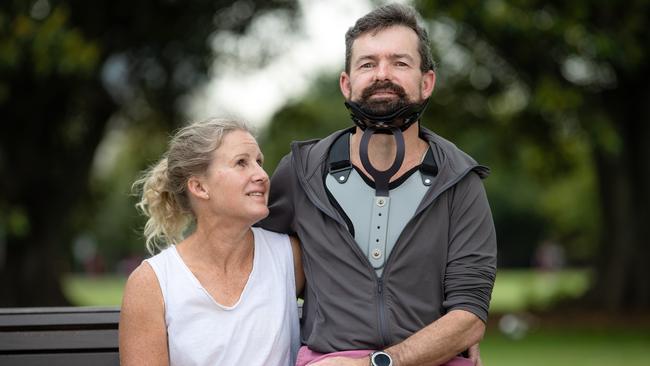
The swerve dislodged the six-time Group 1 winner, “backwards somersault no hands”, and left him in a precarious spot, hunched on the ground as 11 trailing horses galloped by.
“They (surgeons) reckon if I did the top bone it could obviously sever the (spinal) cord and you’re paralysed, so I’m very lucky and thank God that didn’t happen,” Yendall said.
Yendall will make a full recovery in time, fortunately, but the popular jockey, who has since questioned his own riding future, remains sidelined indefinitely.
He took a step in the right direction last week, when told to swap the rigid and restrictive brace for a relatively comfortable soft collar.
“I don’t want to get ahead of myself,” the circumspect Yendall said.
“Another three weeks’ time, when this thing comes off, see what we can do.”
Yendall’s routine went from riding track work and races across the state to light home duties almost overnight.
Walking daughter Mia to the bus stop each day and being able to spend more quality time with the horse-loving eight-year-old has been a welcome benefit of his injury.
The Wimmera heat has forced Horsham based Yendall to live and sleep in front of the airconditioner, as the Darwin-like humidity made wearing the brace a sweat magnet.
His only other commitments were a sponge bath every other day “so I’m not a filthy, dirty, smelly pig” and fortnightly six-hour round trips to shower in The Alfred’s orthopaedic unit.
Wife and fellow jockey Christine Puls has been a rock through the entire recovery, not to mention a sounding board, driver, organiser, carer and sponge bath assistant.
“She does as much as she can (racing wise), goes to track work in the morning and I get Mia off to school,” Yendall said.
“It’s been lucky grocery wise, we’ve been doing Hello Fresh the last few months … so at least I can get that prepared, it’s all there (ingredients), I just need to whack it together.
“I do as much as I can and we’ve got a robot vacuum cleaner now, it does a good job.”
The weirdest by-product of the sedentary rehabilitation and broken sleep has been “really stupid dreams” inspired by the brace.
“It’s like an ex-smoker that dreams about smoking … I’m an ex-smoker and used to get that a lot,” Yendall laughed when V Weekend spoke with him a week ago.
“I’ve got the vest on still and doing stupid s—, like turning my head (like an owl), obviously I’m asleep and not doing that, then I wake up and think ‘oh that’s totally weird’.
“Some dreams I’ve got no clothes on and getting around, it’s the worst feeling, like riding track work naked (with the brace on) or going to the races naked.”
While Yendall has barely watched any races since the fall, his passion remains, especially with the Warrnambool carnival coming up in May.
“It doesn’t look like I’ll be ready for that,” Yendall said. “Even if I go there for enjoyment, so be it.”
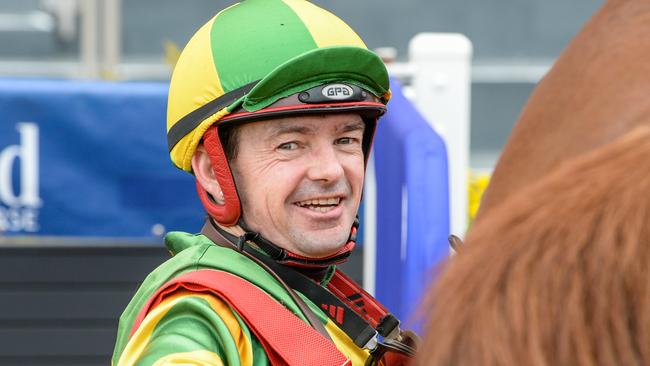
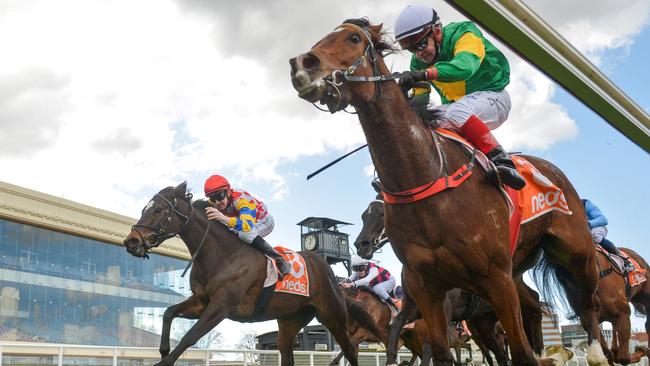
Yendall has ridden 2622 winners from 20,374 starts in a career spanning more than three decades.
Whether he adds to the tally remains to be seen.
“A lot of people say we’re overpaid but we put our lives at risk for what it is, a ride,” Yendall said.
“If I’m not riding I’m not earning any coin ... what do you do? I didn’t finish school, I haven’t got any qualifications to sit at a desk … (do I go to the) supermarket and stack the two bottom shelves? Push trolleys?
“I’m not qualified to do anything else ... I don’t want to be a trainer … up every morning at stupid-o-clock and these days you need a heap of horses in work to pay the staff.”
Despite the career quandary, riding is secondary to a full recovery and injury-free future.
“I don’t want the same outcome, I don’t want to fall off again and be in the same spot again,” Yendall said.
“In an ideal world, I’d love to return to riding but someone asked me a long time ago, ‘when are you going to retire?’ and I said, ‘I’ll let my body speak for itself’ or ‘when I get sick of it’.
“At the moment it’s the body, I’m not sick of it, it’s the body … it’s upsetting, I don’t know.”
It is hoped a progress scan in March will provide a recovery pathway as the fracture was still visible last month.
Yendall has been relatively lucky with injuries in the past.
He broke a leg at The Valley in 2006 and in 2011 snapped both wrists and collarbone in Launceston.
Victorian Jockeys’ Association chief executive Matthew Hyland said riders faced risk daily.
“It doesn’t matter whether they’re 40 or 20 or 18, the risk is there, today could be their last day of work,” Hyland said.
“The varying degrees of injuries that occur sees some forced to retire, some recover and come back and some bounce off the deck and turn up the following day and go to work.
“There’s no job like it, when you think of the extremes.”
The VJA, which represents the state’s 180 jockeys, has a fund and transition consultant available for members in need of help and direction to pursue alternative career pathways.
About 15 riders each year contact Hyland about the program, including one recently retired jockey who has since landed a job with Australian Border Force.
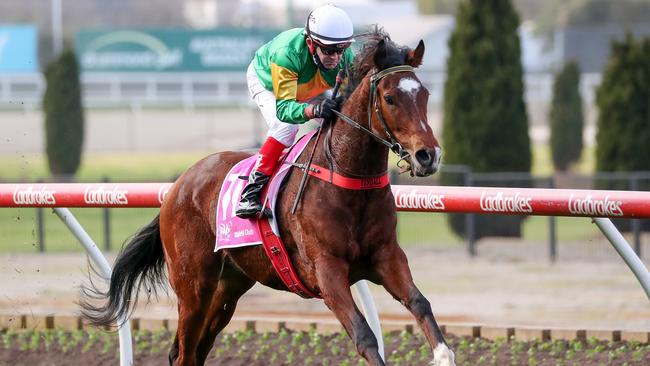
“Any sporting code would tell you, one of the toughest spaces for athletes is the transition space, it’s the toughest,” Hyland said.
“We have got the provision there and service available to them, it’s up to them to tap into it.”
More than 200 riders are injured each year on Australian racetracks, while 89 per cent of all jockeys will have a fall that needs medical assistance during their career.
Each year 40 per cent of jockeys will have a fall that will prevent them from riding for five weeks or more, according to the National Jockeys Trust.
Since 2004, the NJT has provided more than $4m in assistance to more than 290 jockeys and the families of jockeys who have been lost.
The NJT is a charity dedicated to raising money for injured and ill riders and families in crisis.
To support the NJT go to: https://njt.org.au




